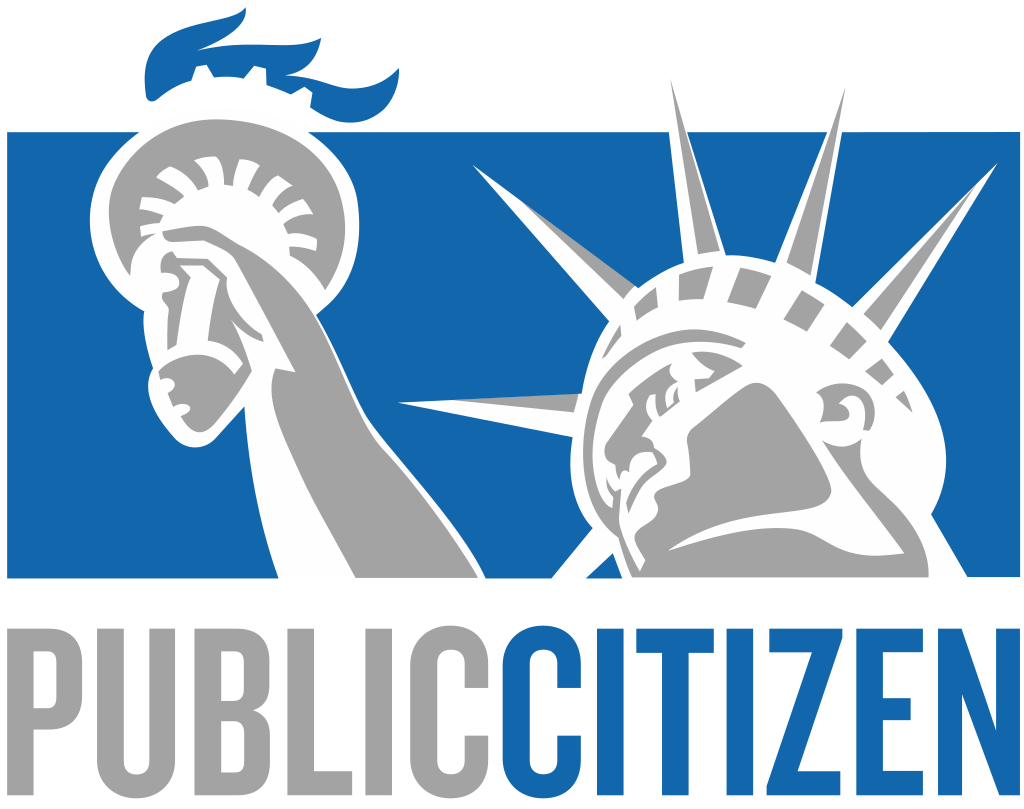A nursing home ownership database run by the Centers for Medicare & Medicaid Services is riddled with incomplete information on private equity links to SNF owners, according to a new report by Public Citizen.

The consumer advocacy group cited several instances of known private equity ownership misidentified or missing and said that nearly half of the private equity groups known to own US nursing homes aren’t mentioned by name in the database.
As a part of the 2010 Affordable Care Act, Congress called for better reporting of private equity involvement in nursing homes. The new report, however, noted that the Department of Health and Human Services did not establish regulations for such reporting.
The report author wrote that several researchers and advisory entities since 2010 have had the same perplexing experiences with the nursing home-private equity relationship recordkeeping issue. For example, the Medicare Payment Advisory Commission said its researchers had to rely on non-government sources to discover private equity owners of nursing homes for a 2021 report on the effects of private equity investment in healthcare.
Private Citizen highlights the apparent lack of commitment to transparency with the new report, declaring that the public deserves to know nursing home ownership because of the importance of federal funding to the sector and research that alleges private equity-owned nursing homes prioritize profit over quality care.
“Evidence has mounted for a decade-and-a-half that nursing homes controlled by private equity firms tend to offer lesser care than their peers,” said the report. “Meanwhile, figuring out who actually owns a given nursing home can be extremely difficult. The public has a particular right to this information because about 85 percent of nursing home revenue comes from the taxpayer-funded programs Medicare and Medicaid.”
The American Investment Council pushed back on the accusations of lesser attention to residents in private equity-owned properties. In addition, attorney Howard Sollins, the leader of the long-term care practice at Baker Donelson, has pleaded for a better understanding of what private equity can do for long-term care in cases of a lack of federal funding.
Mark Parkinson, the president and CEO of the American Health Care Association / National Center for Assisted Living told McKnight’s Long Term Care News in October 2021 that it was “perplexing that some folks have focused on private equity” when the “real” problem is “bad business decisions.”
“They’ve paid too much for nursing homes and then they’re either stuck with either leases or bank payments or private equity payments that make providing care difficult,” he said. “It’s hard to regulate against stupidity. It’s hard to regulate against people paying too much for an asset.”
White House attack
The sector received atypical attention from a US president when Joe Biden spent a few lines of his 2022 State of the Union speech on improving nursing homes’ standards. He specifically mentioned private equity’s record on care quality, a concern further fleshed out by a White House briefing sheet issued a day earlier.
“Private equity firms have been buying up struggling nursing homes, and research shows that private equity-owned nursing homes tend to have significantly worse outcomes for residents,” the White House brief said.
The Private Citizen report noted that members of Congress have asked the Government Accountability Office to gauge the quality of disclosure of nursing home ownership, and the GAO has said that it has a goal of reporting on the issue in the fall of 2022.
Private Citizen said better transparency on this topic can offer benefits such as better tracking of related parties–nursing home vendors owned by the nursing home owner; regulators could more easily identify entities related to providers that the government has sanctioned relating to their participation on Medicare or Medicaid; and alert regulators to potential monopolistic conditions.
The report suggested government officials pressure nursing homes to give more detailed information and to formalize regulations for proper disclosure that are in the ACA.
“Despite the Biden administration’s pledge in February, 2022, to implement ACA requirements ‘regarding transparency in corporate ownership of nursing homes,’ the administration does not appear to have begun work on creating the relevant regulation,” the report’s author said. “It should do so.”




